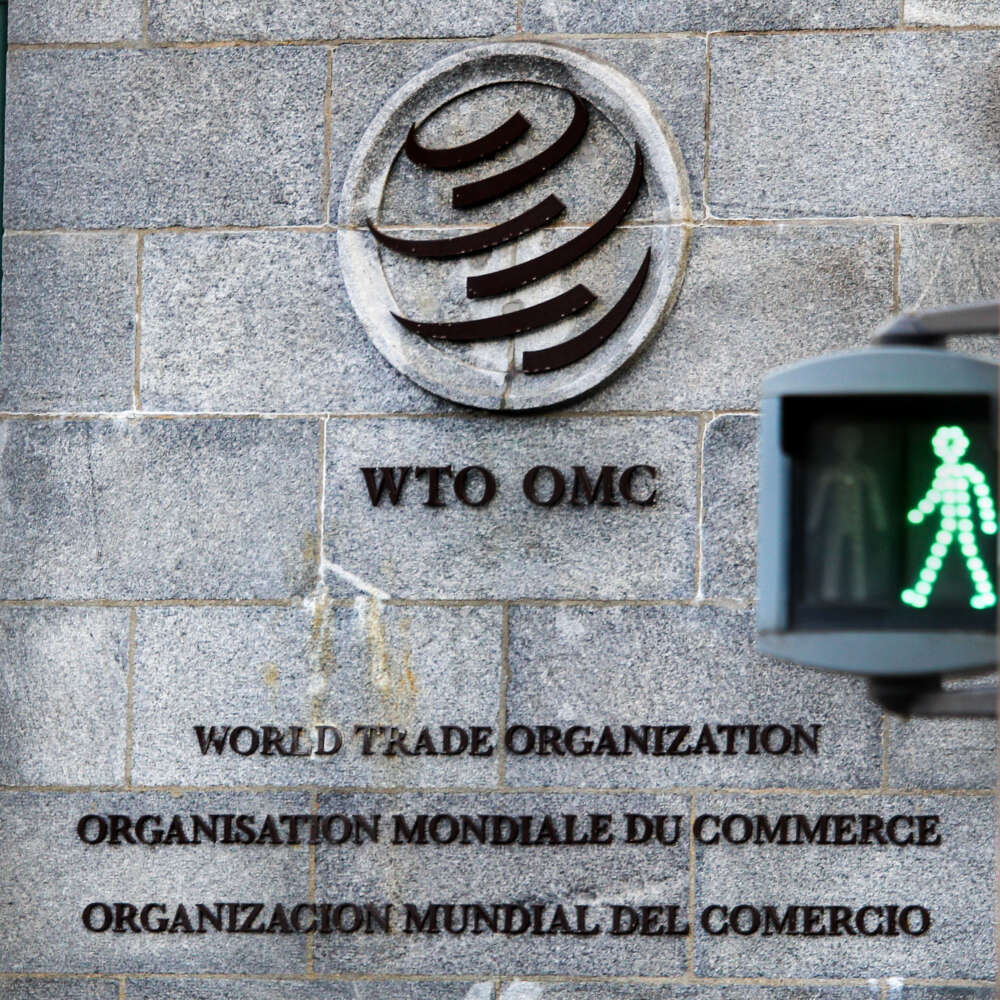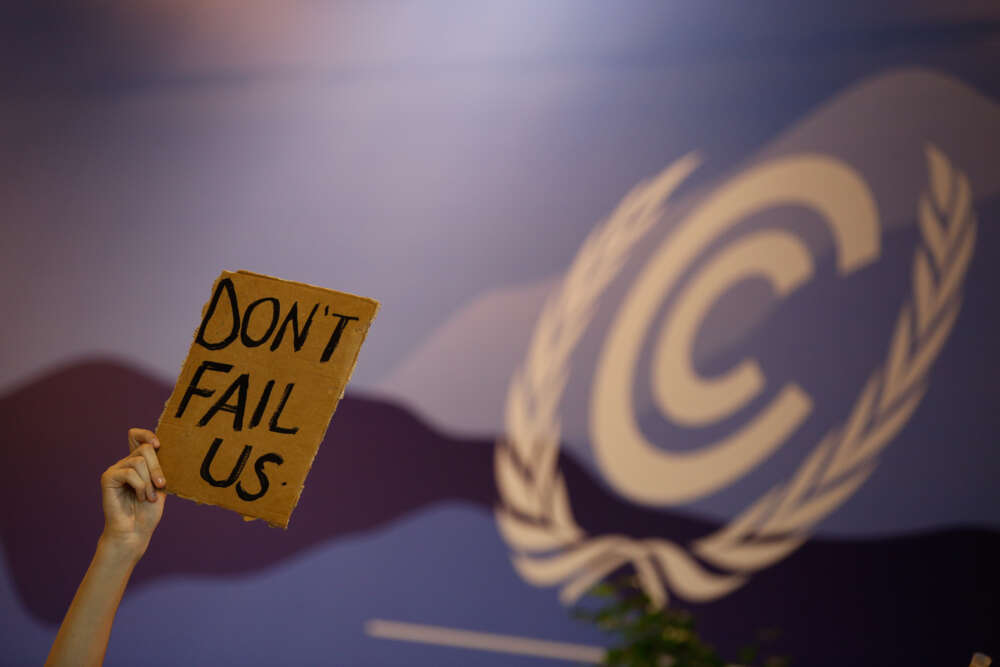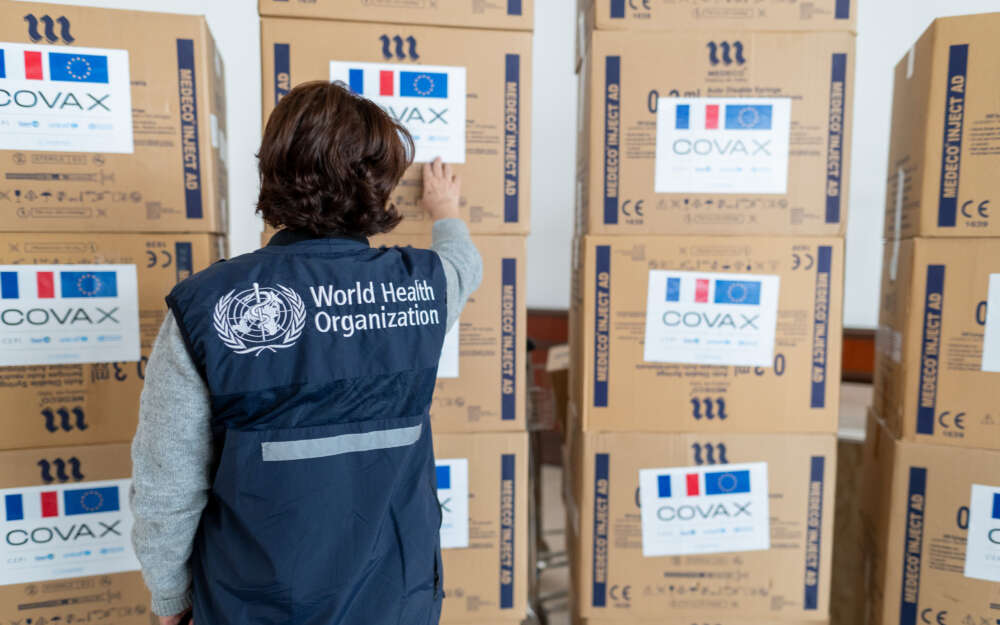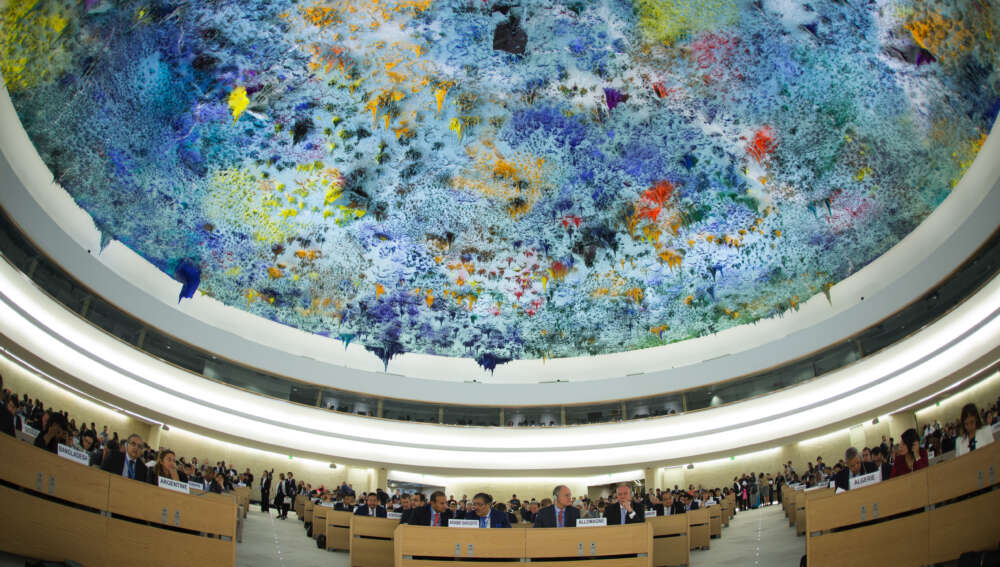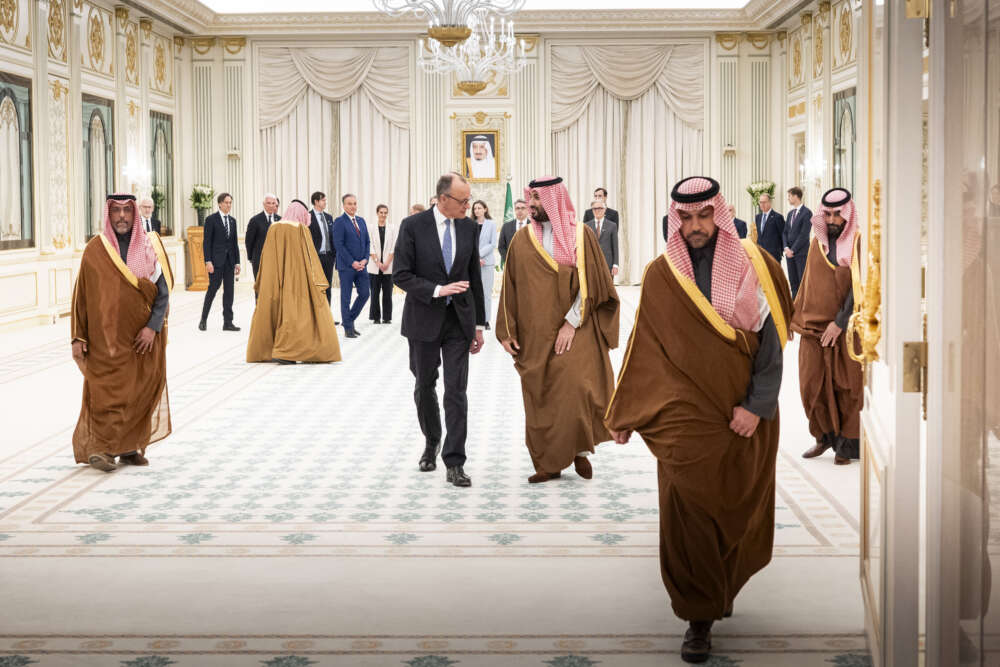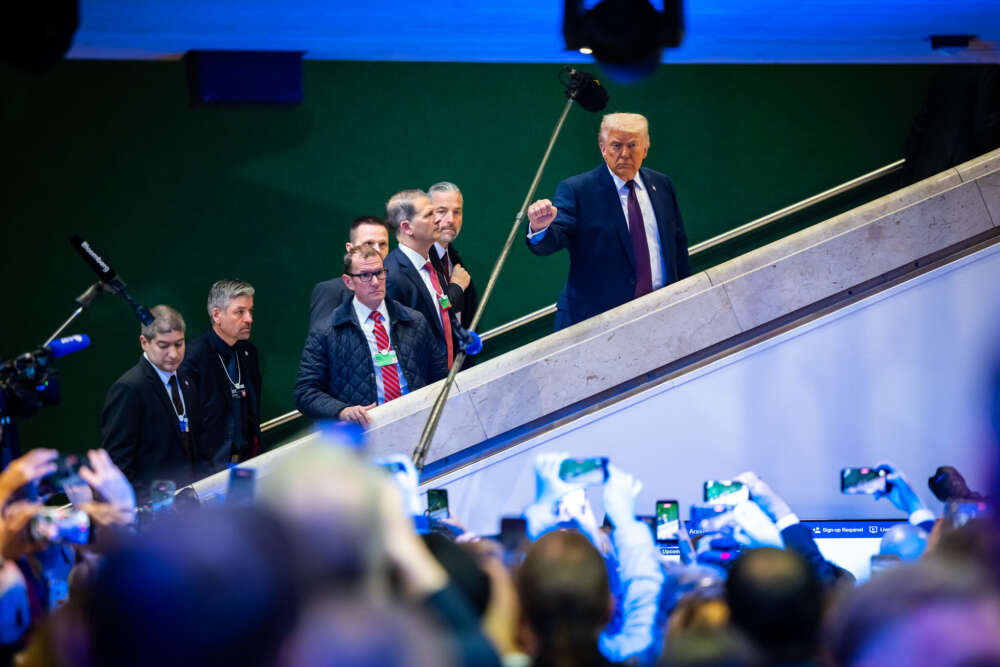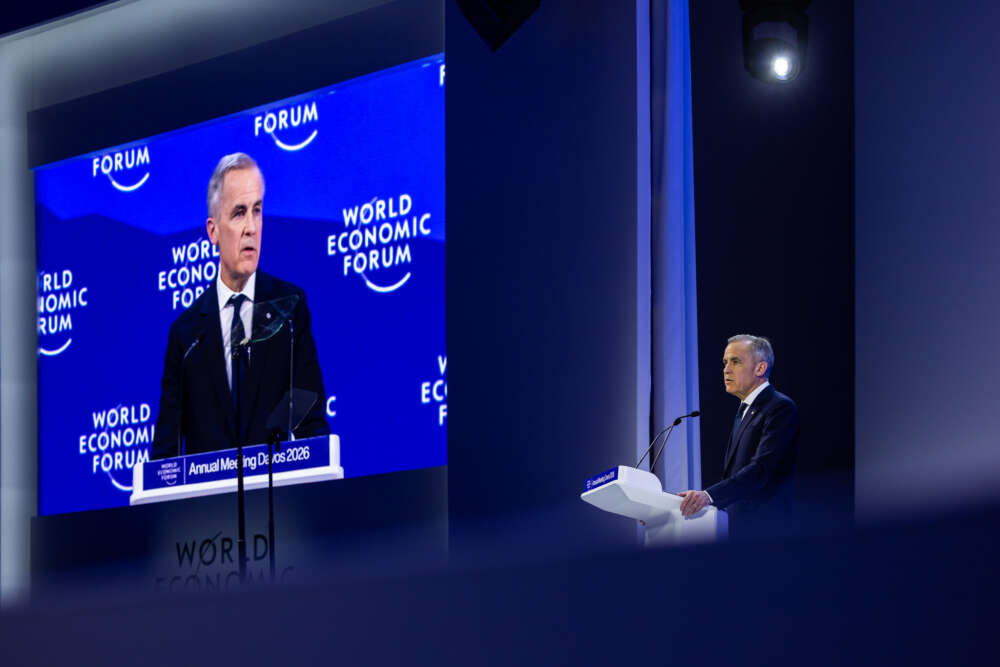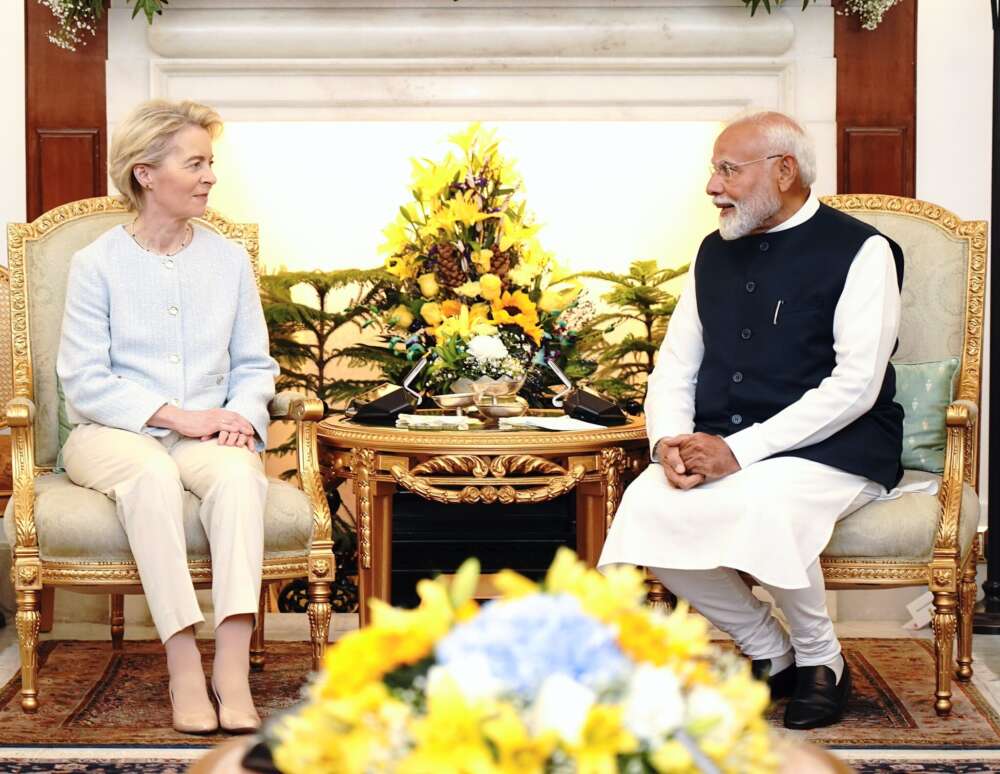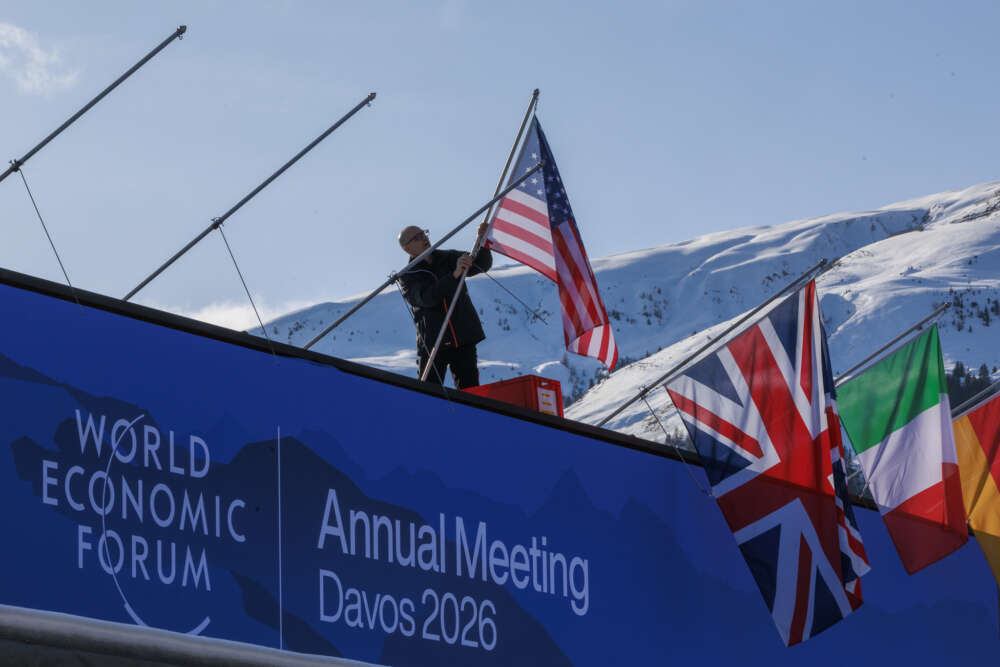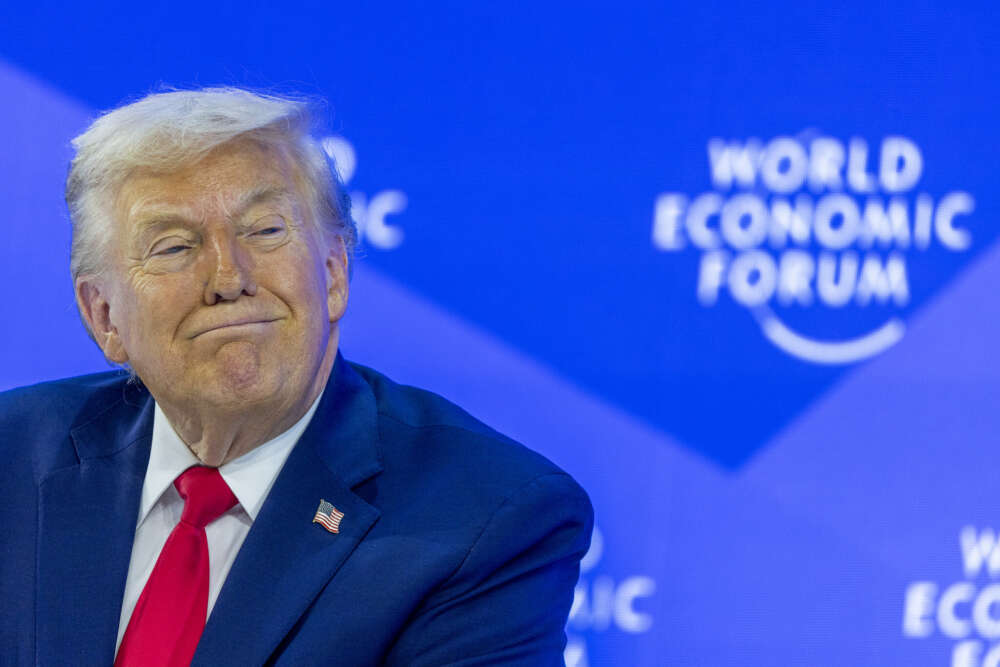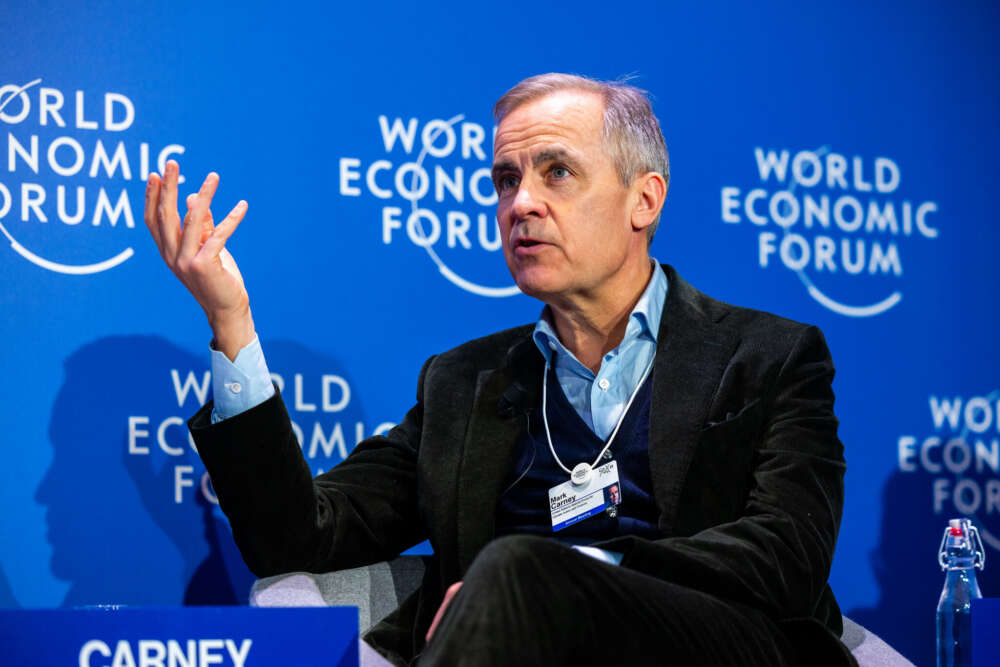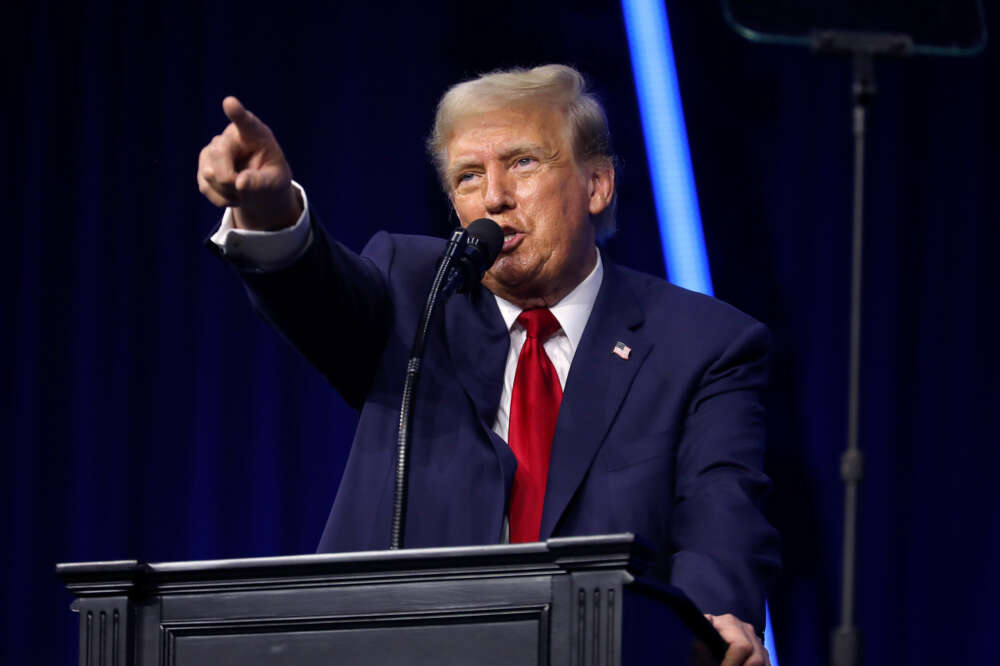ENSURED: Shaping Multilateralism for a World in Transition

November 2023 - November 2026
European Union / Horizon Europe
The current moment has seen war and populism strain the foundations of multilateralism. Together with 13 consortium partners, GPPi is launching a new research project to help bolster global governance: ENSURED, or “European Union Support for More Robust, Effective and Democratic Global Governance.”
ENSURED addresses five policy areas – trade, climate, health, migration, and digitalization – that by their very nature pose transnational challenges. Collective efforts to address such challenges will require institutions that can survive under duress, achieve the goals for which they were established, and include all their stakeholders through transparent processes. These indicators of robustness, effectiveness and democracy are the starting points for our research.
In keeping with the spirit of multilateralism, the ENSURED consortium is made up of universities, think tanks and civil society groups from across Europe as well as Brazil, India, South Africa, China, and the United States. The collaboration will thus strengthen the epistemic community around global governance in both the EU and the BRICS countries. In addition to GPPi, the participating organizations include:
- Maastricht University
- Katholieke Universiteit Leuven
- Centre for European Policy Studies
- Charles University
- University of Potsdam
- European University Institute
- Istituto Affari Internazionali
- Pontifical Catholic University of Rio de Janeiro
- University of International Business and Economics
- Jawaharlal Nehru University
- Global Alliance of Civil Society Organizations
- University of Tartu
- Tufts University
GPPi will take the lead in translating the project’s empirical findings into action points that can inform EU policy. This will involve producing policy reports and research briefs, as well as crafting strategic narratives to help EU officials promote better, more inclusive forms of multilateralism. GPPi will also develop the project’s communications channels, including an online toolkit that visualizes the transformation of global governance to reach active citizens and policymakers alike. Additionally, GPPi will contribute a report on AI regulation for the digitalization policy area.
Research Reports
Revitalising and Reforming the World Trade Organization in an Age of Geopolitics
How are rising geopolitical tensions and recent US tariffs threatening the future of the World Trade Organization (WTO)? A renewed focus on safeguarding the institution’s robustness may be essential for its survival.
Climate Negotiations Under Scrutiny: Is UNFCCC Decision-Making Up to the Challenge?
With COP30 on the horizon and a worsening climate crisis, can the UN Framework Convention on Climate Change meet the demand? Its procedural structure, which requires consensus, may be a significant obstacle to achieving the goals set out in the Paris Agreement.
The Intellectual Property and Public Health Regime Complex: Considerations on Vaccine Access and Equity
How have multilateral institutions shaped policy responses on vaccine access? During the COVID-19 pandemic, intellectual property rights were often prioritised over quick, equitable vaccine access. How will global health address this going forward?
The UN Human Rights Council: Challenges and Opportunities for Reform
The Human Rights Council is at a critical juncture. How can it reform? Targeted improvements like stronger membership criteria, protected civil society participation, and adequate funding for Special Procedures may help.
Regulating Cyberspace: UN Consensus-Building in a Fragmented Digital World
How well is cyberspace governance working? Key UN processes for digitalisation have produced mixed results and are often undermined by geopolitical friction and competing visions of cyberspace regulation.
For more information, please contact Amanda Pridmore.

The three-year project is funded by the European Union’s Horizon 2022 research and innovation program.
